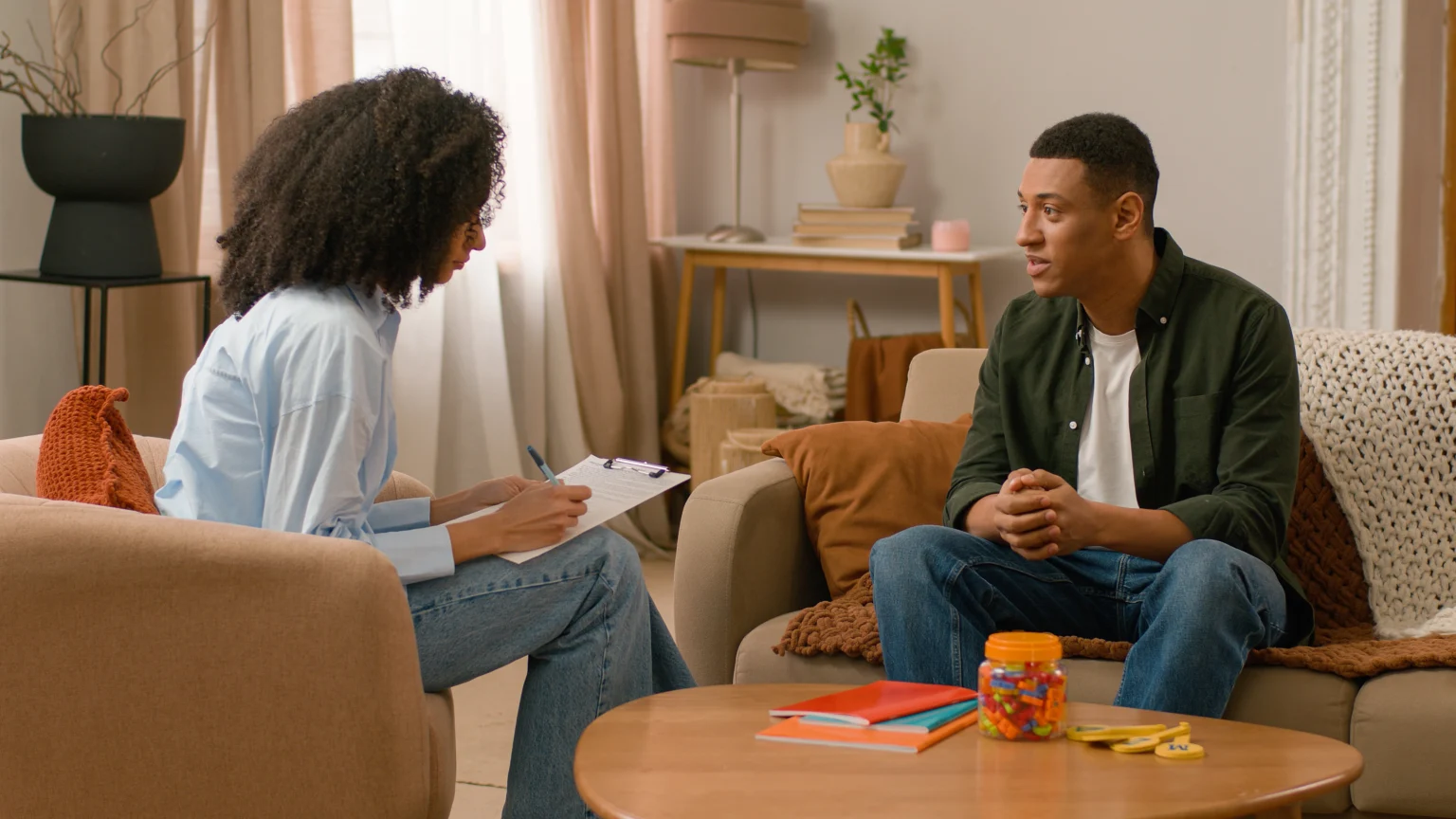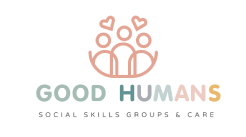Comprehensive Evaluations
At Good Humans, our evaluations are built on curiosity, compassion, and science. We take time to get to know your child, what lights them up, what feels hard, and what helps them shine. The process is meant to feel relaxed, personal, and genuinely helpful for your family. Comprehensive Evaluations in Rancho Cucamonga to guide social skills groups for kids and social skills for teens
This is the part where you get to share everything you have noticed and all the questions you have been carrying. Maybe you have wondered why your child plays alone during recess, why friendships seem hard to keep, or why greetings and goodbyes feel uncomfortable. Together, we take a closer look at those moments and uncover what might be getting in the way of connection and what supports your child’s growth.
What to Expect?
Each evaluation is personalized to your child’s age, needs, and communication style. We use a mix of conversation, play, and formal assessment tools so the results reflect real life, not just test scores.
We start by listening to you. Caregivers share what they hope their child will gain from services, whether it is more confidence with peers, smoother communication, or better emotional regulation. Your insight helps us understand what matters most and keeps the process collaborative from start to finish. Results often inform social skills training for kids and social skills therapy for kids in Rancho Cucamonga.
A typical evaluation may include:
- Caregiver interviews and input
- Direct observation during play, conversation, or structured tasks
- Standardized tools such as the Vineland, SRS-2, or SSIS-SEL
- Review of school or provider reports (if available)
- A summary meeting to walk through the results together and answer questions.
“Our goal is simple: to uncover what helps your child connect, learn, and grow while reducing the barriers that get in the way.”

What You Will Receive?
After the evaluation, caregivers receive a clear, easy-to-read report that includes:
- A summary of key findings and what they mean for your child
- Practical recommendations you can use at home, school, or in the community
- Guidance on next steps, whether that is individual support, group participation, or caregiver coaching
“Families walk away with more than data. You will have clarity, direction, and peace of mind about how to support your child’s social and emotional development.”

How Evaluations Connect to Next Steps?
Many families use the results from their evaluation to help determine the best next step for their child. For some, that means joining one of our Social Skills Groups, where your child can practice real-world skills like conversation, flexibility, and emotional regulation in a fun, peer-supported setting.
Others may benefit from short-term one-on-one support, caregiver coaching, or a combination of both. Whatever the plan, our goal is to make sure recommendations feel realistic, collaborative, and aligned with what matters most to your family.
Our Approach
We see evaluations as the first step toward meaningful change, not a label. Our process is collaborative, child-centered, and rooted in real-life understanding. Every detail — from the assessments we use to how we share results — is designed to build a clear picture of your child’s strengths and needs.
This approach helps caregivers, educators, and professionals work together toward the same goal: helping your child feel understood, supported, and set up to thrive.
Why Families Choose Good Humans?
- Led by a Board-Certified Behavior Analyst (BCBA) experienced in social-behavioral development
- A strengths-based approach that focuses on your child’s individuality
- Clear, jargon-free communication and real-world recommendations
- A process that feels collaborative, supportive, and never rushed
- Flexible scheduling with both in-person and virtual options
When we understand a child’s world, we can help them find their place in it.
About Us
Company Details
Address
Inland Empire Office Coming Soon!
Phone
Services
copyright © 2025 Good Humans Social Skills Group & Care. All Right Reserved.
